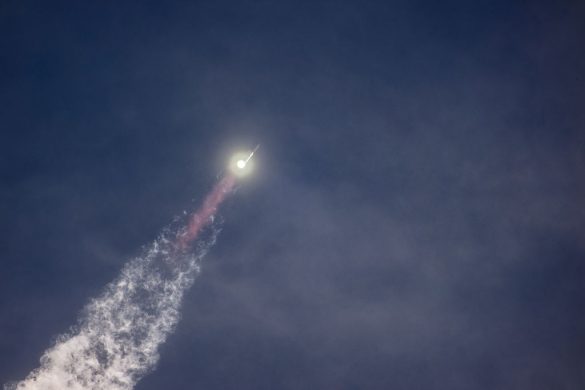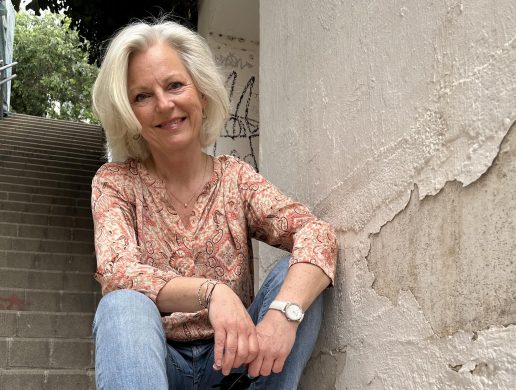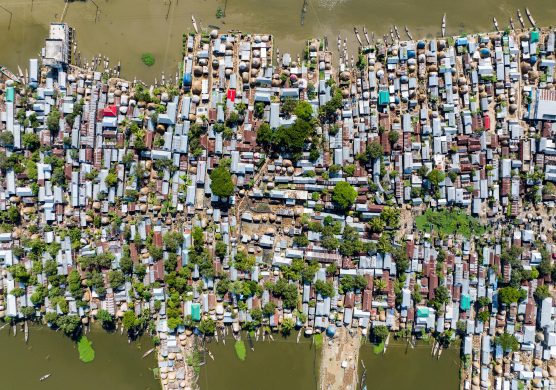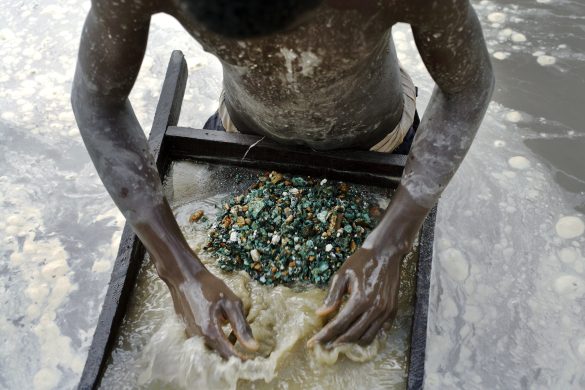Forurening er ved at ødelægge havmiljøet i en sådan grad, at det truer plante- og dyreliv, fiskeri og i sidste ende kystturisme.
Det er især forurening med kunstgødning og plastic, som FN advarer imod. Viljen til løsninger mangler.
Tons of throw-away plastic and massive runoff from chemical fertilizer are choking the world’s oceans, the UN warned Thursday.
Taken together, the two sources of pollution threaten biodiversity, harm water quality, poison fish stocks and undermine coastal tourism, the UN Environment Program (UNEP) said in its annual Year Book 2011 report.
Only better waste management and a coordinated shift towards cleaner engines of economic growth can insure the future health of the planet’s aquatic commons, it said.
The phosphorus fertilizer and marine plastic stories bring into sharp focus the urgent need to catalyze a global transition to a resource-efficient Green Economy, UNEP Executive Director Achim Steiner said.
PLASTIC POPULÆRT
Many governments are reluctant to cut down on use of plastics for fear of losing crucial revenue.
Kenya, Burundi, Rwanda, Tanzania and Uganda have outlawed the manufacture and import of plastic bags which are damaging to the environment.
But of the five East African Community members, only Rwanda has successfully banned all plastic bags and replaced them with paper bags
KUNSTGØDNING I ENORME MÆNGDER
UNEP says phosphorus demand has been rising steadily as the population increases in the developing world.
The UNEP Year Book 2011 launched Thursday in Nairobi says an estimated 35 countries produce phosphate rocks.
The top ten countries that have the largest reserves of phosphate rocks are Algeria, China, Israel, Jordan, Russia, South Africa, Syria and the US.
At current consumption rates, the book shows, these stocks could last 300 to 400 years.














